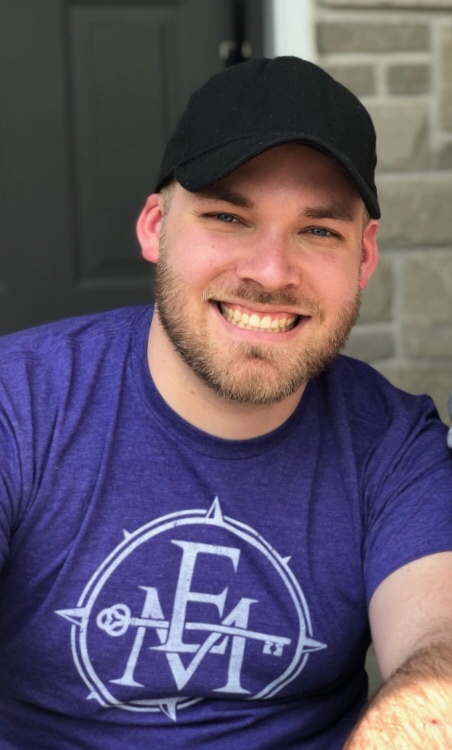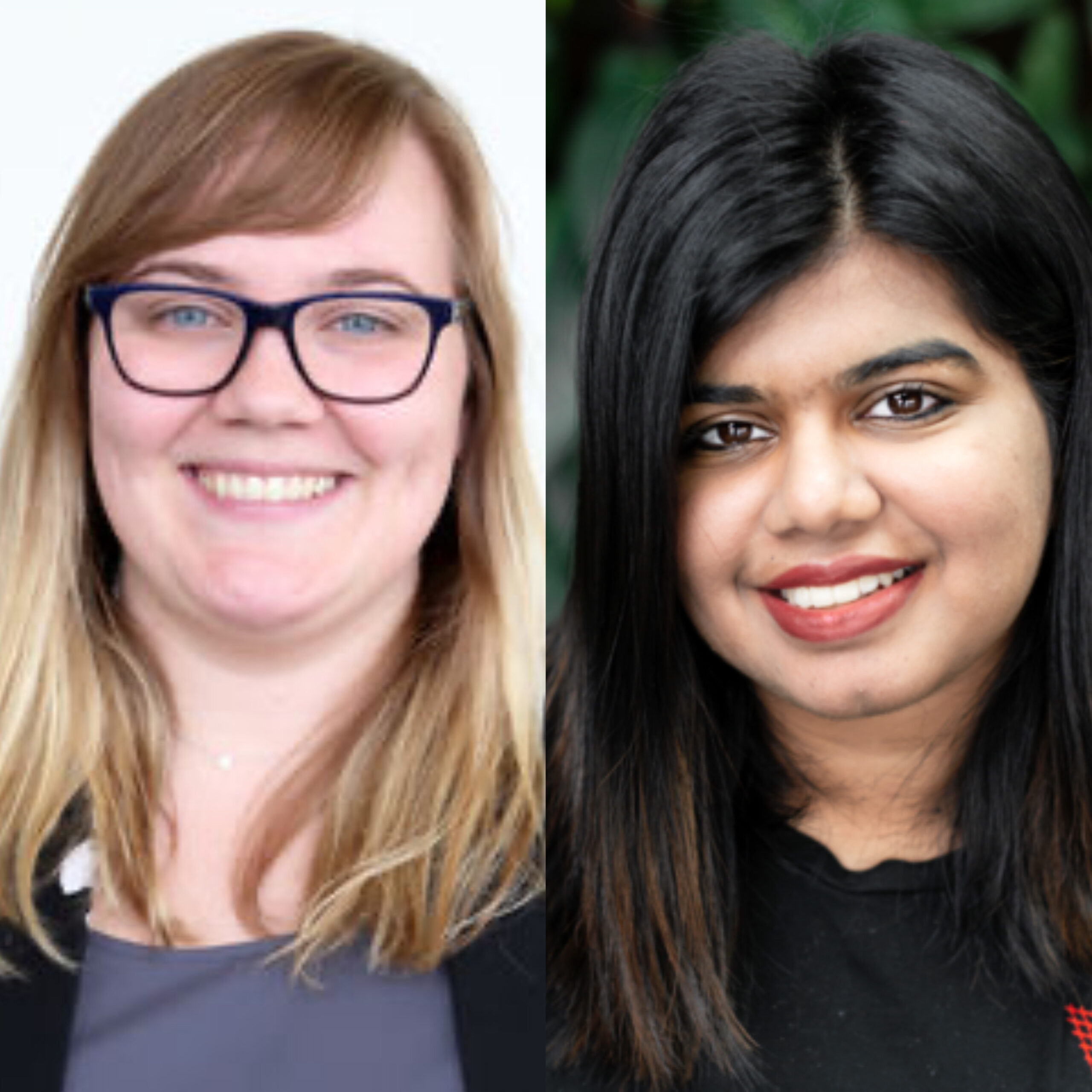Did you know, according to new research from Merchant Machine, a U.K. based information site, Canada ranks as the best country for introverts to live in?
On Thursday, March 18, Algonquin held an event that aimed at helping Introverts navigate themselves in the work field.
The event was hosted by Naina Kansal, associate manager of entrepreneurship with applied research, and Jessica Andrews, an employment officer with employment services. The aim was to help introverts through personal branding, value proposition and networking.
The audience consisted of many members of the school community.
“These workshops are open to students, staff as well as community members. Pandemic has given everyone an opportunity to learn new skills and increase our reach through digital platforms,” Kansal said.
The event shared slides with insight on the strengths and weaknesses that introverts have, but also tactics that can help.
For instance, a technique called an elevator pitch can be tailored to suit an introverts strengths.
“There is a strategy called the 30-second elevator pitch, that helps you be able to professionally communicate what you have to offer, to employers, to new people you want to put in your network,” Andrews said.
Nicholas Layer, a business student at Algonquin who identifies as an extroverted introvert, predicts the 30-second elevator pitch will be a very useful tool in the future.
“I enjoyed the 30-second pitch elevator pitch concept being presented as a way to introduce yourself and your brand,” Layer said.

Layer was brought to this presentation because of Kansal and the work that she has done.
“I saw that the event was being hosted by a professional that I look up to, Naina Kansal, and felt compelled to attend and learn more from her expertise,” Layer said.
When it comes to personal branding Kansal highlights the fact that when it comes to showing up to meet others in marketing it is much easier for extroverts to mingle and by nature, it’s much easier for them to build great relationships.
“It is really important that you build trust in your community,” Kansal said. “Now for extroverts, it’s really easy to communicate with these new companies. They can show their values, values they can bring to the company. However for introverts they need to take some extra steps, to make themselves comfortable in doing so.”
An important factor, explained Kansal, is making sure we don’t focus on the titles, but rather the substance and matter that makes us who we are. Personal branding isn’t just a name but rather a combination of personality, skills, and experience.
“Try to stay away from titles, ‘what’s your story and what’s your purpose? What do you stand for and what is your strength,’” she said.
Afterward, the audience participated in an activity that assessed their strengths and weaknesses, asking questions of them such as “What are my personal and career goals? What are my skills and strengths, and what are the skills I need to improve upon?”
Kansal asked participants to identify the things that they are passionate about. In Kansal’s case, she says she’s passionate about turning her client’s ideas into reality.
“I always thought I’m always helping people launch their start-ups, so when they come to me they come to me with an idea, and my job is to coach them every week until they launch that business, and then to grow that business,” Kansal said.
Kansal finished her part of the presentation by explaining the components of a bio. It should be structured around segments such as: getting to know you, about you and the fun stuff.
The latter half of the event explored networking. Andrews identified the initial resources that participants already have and explained how they can utilize them to start creating a bigger network.
“That’s kind of the first step of networking, is starting with the people that we already know, that could support us as we start looking for opportunities, as we’re starting to job search, starting to find positions that are in our field,” Andrews said.
The event ended with resources for students to reach out to, but also with a message about the workshop itself.
“If any individual present was able to appreciate a new strength that they have or learned even one new strategy to help them better brand themselves or network with others, then I would consider that a success,” Andrews said.


